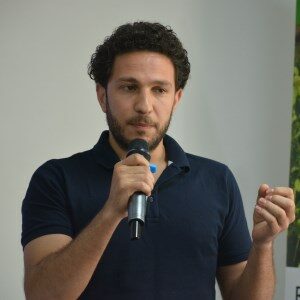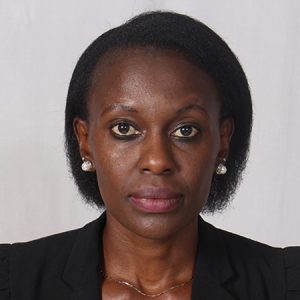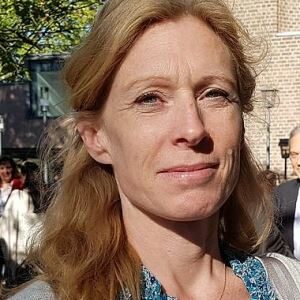Program Structure and Team
Regreening Africa is funded by the European Union and is a partnership of research organisations and implementing NGOs.
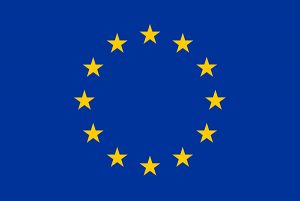
Funded by European Union
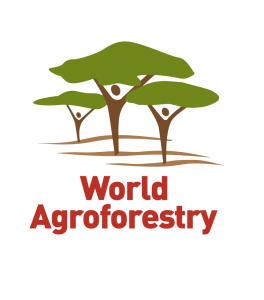
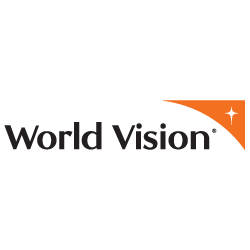

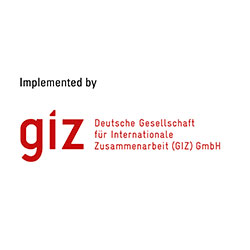




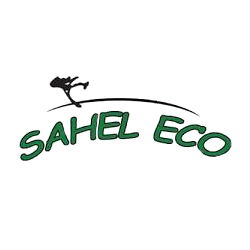

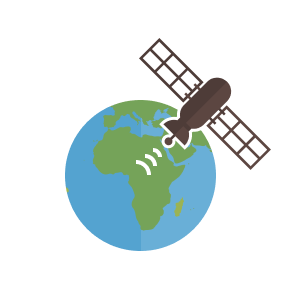
The Land Degradation Dynamics (LDD) component equips countries with surveillance and analytic tools on analysing land degradation dynamics, including social and economic dimensions, identifying and measuring key indicators of land and soil health in order to understand drivers of degradation, prioritize areas for intervention and monitor changes over time.
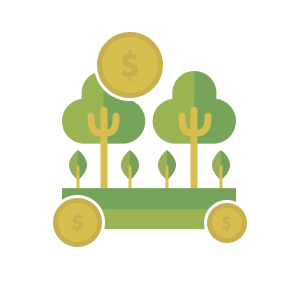
The Design, Techniques and Implementation (DTI) component focuses on availability of quality planting materials, regreening practice techniques and the improvement of value chains to support the production associated with tree-based farming systems.

The Stakeholder Approach to Risk-informed and Evidence-based Decision-making (SHARED) component helps Regreening Africa engage with a wide range of stakeholders, facilitate interaction with evidence and experience, and provide greater support for enhancing policies.

The Monitoring, Evaluation and Learning (MEL) component generates evidence on the baseline and the iterative impact of the project.

“We have set ourselves very ambitious targets, but that’s the beauty of this project. Agroforestry, and land restoration in general, are at the convergence of many global agendas, such as food security, eco-system preservation, job creation and rural resilience, which are key priorities of the European Union.”
Bernard Crabbe, Head of Rural Development at the European Commission
Steering committee
This is the apex body that provides advisory and oversight roles, including the Project Management Unit, to ensure successful implementation and outcomes as laid out in the contract and action-description documents.
They also ensure the successful management of risks.
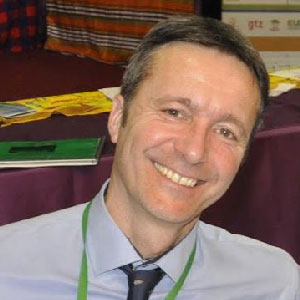
Bernard Crabbe
Head of Rural Development, European Union
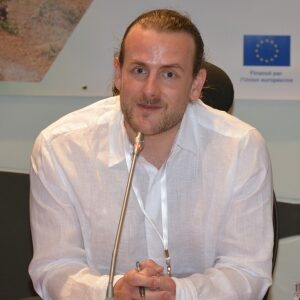
Niclas Gottmann
Policy Officer for Land and Environment, European Commission, DG INTPA.
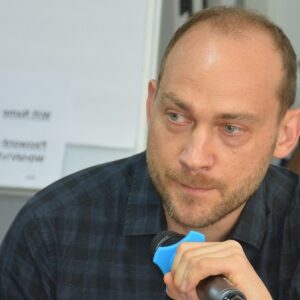
David Rodgers
Grant Manager, Regreening Africa Programme
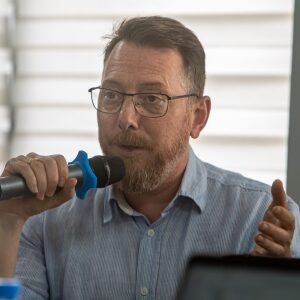
Merlijn van Waas
Head of Sustainable Development, CARE Netherlands
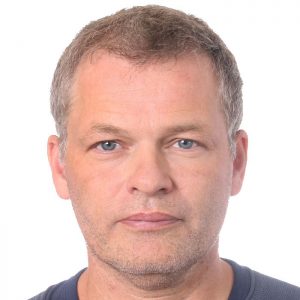
Olaf Westermann
Senior Technical Advisor on Climate Change, Agriculture & Livelihoods, CRS
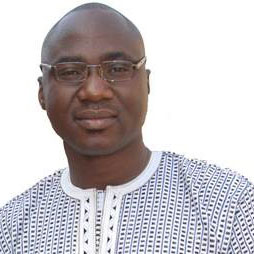
Pierre Dembele
Executive Secretary, Sahel Eco
Mosab Khalaf
Grants Manager for Africa Continent at Oxfam
Project management unit
Housed by ICRAF, the unit is home to the principal investigator, project manager and finance and administrative support staff. It is responsible for day-to-day management and decisions designated to the grant coordinator by the European Union.
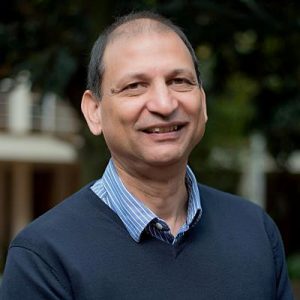
Ravi Prabhu
Director Innovation, Investment, and Impact, CIFOR-ICRAF
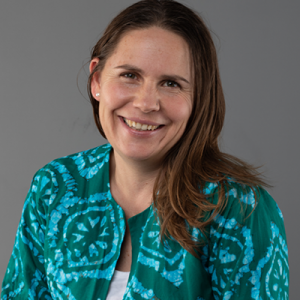
Mieke Bourne
Regreening Africa Programme Manager, ICRAF
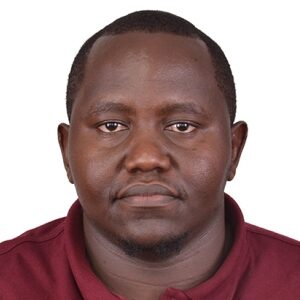
Hannington Mwaya
Administrative Officer
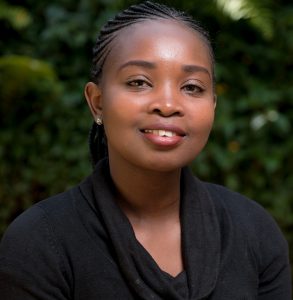
Jacquelyne Ndagwa
Finance Officer, ICRAF
National Oversight and Coordination committees
Each country has its own oversight and coordination committee to provide strategic and policy advice to partners, review work plans and progress, and provide overall guidance regarding implementation. The committees also help Regreening Africa identify opportunities for leverage and expansion of scale, and improve efficiency, effectiveness and impact.
Project components
MONITORING, EVALUATION, AND LEARNING (MEL)

Karl Hughes
Monitoring, Evaluation, and Learning (MEL) Lead, ICRAF
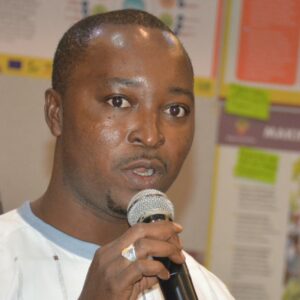
Ibrahim Ouattara
Sahel MEL Coordinator and Policy/Communications Officer
Hilda Kegode
Junior Scientist, Impact Acceleration & Learning Unit, ICRAF
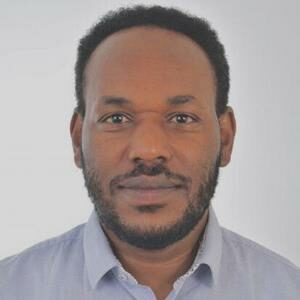
Woldeyohanes Tesfaye
Researcher/National Agroforestry project coordinator, CIFOR-ICRAF
LAND DEGRADATION DYNAMICS (LDD)
In order to scale-up evergreening practices and reverse land degradation, the project is building on multi-stakeholder partnerships and created a unique consortium of major international non-governmental organizations (iNGOs), such as World Vision, Oxfam, Care International, Catholic Relief Services and Sahel Eco. These iNGOs lead country implementation efforts. Leveraging off the vast networks and experience to accelerate the scaling of regreening practices across the eight countries.
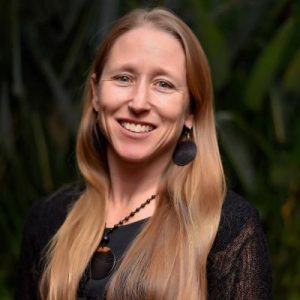
Leigh Winowiecki
Land Degradation Dynamics Lead, ICRAF
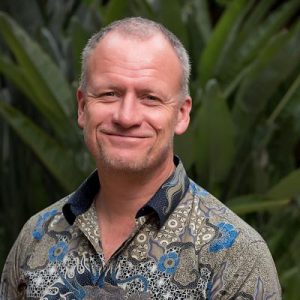
Tor-Gunnar Vagen
Land Degradation Dynamics Lead, ICRAF
STAKEHOLDER APPROACH TO RISK-INFORMED AND EVIDENCE-BASED DECISION-MAKING (SHARED)
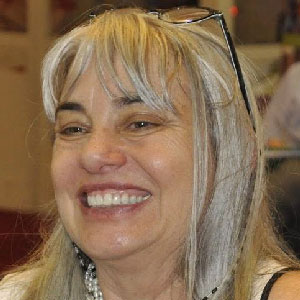
Constance Neely
Stakeholder Approach to Risk-informed and Evidence-based Decision-making (SHARED) Lead, ICRAF
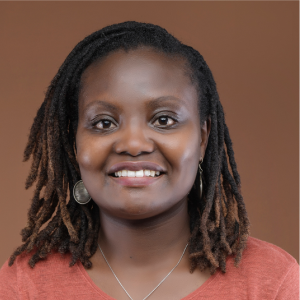
Christine Magaju
Research Technician-Trees, CIFOR-ICRAF
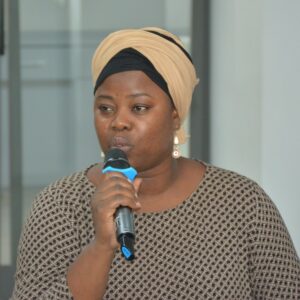
Mawa Karambiri
Policy and technical engagement specialist for the Sahel, CIFOR-ICRAF
Design, Techniques and Implementation
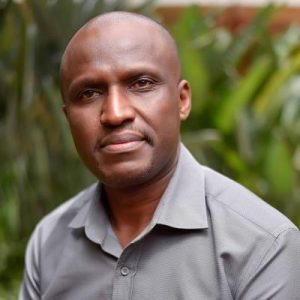
Sammy Carsan
Value Chains Lead, ICRAF
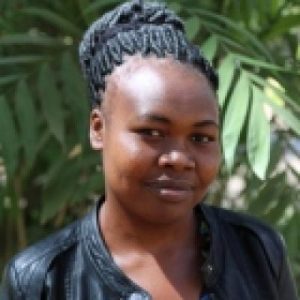
Grace Koech
Research Assistant, ICRAF
COMMUNICATIONS
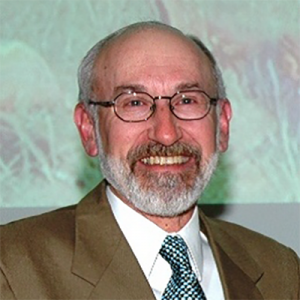
Dennis Garrity
Technical Advisor, ICRAF

Patrick Worms
Communications and Advocacy Advisor, ICRAF
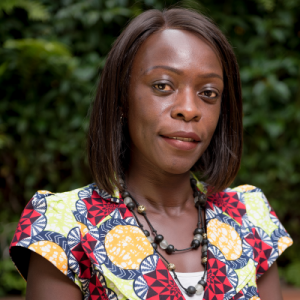
Susan Onyango
Global Communications Coordinator

Gilberte Koffi
Communications Officer

Marion Vera Aluoch
Senior Communications Officer
The Economics of Land Degradation

Nina Bosom
ELD Initiative Secretariat Coordinator
Waltraud Ederer
Natural Capital Officer
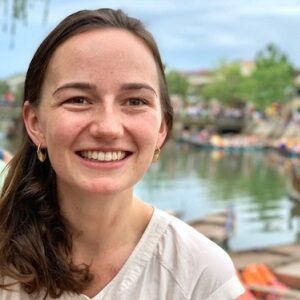
Hanna Albrecht
Capacity Development Officer
Johannes Kruse
ELD Project Manager

